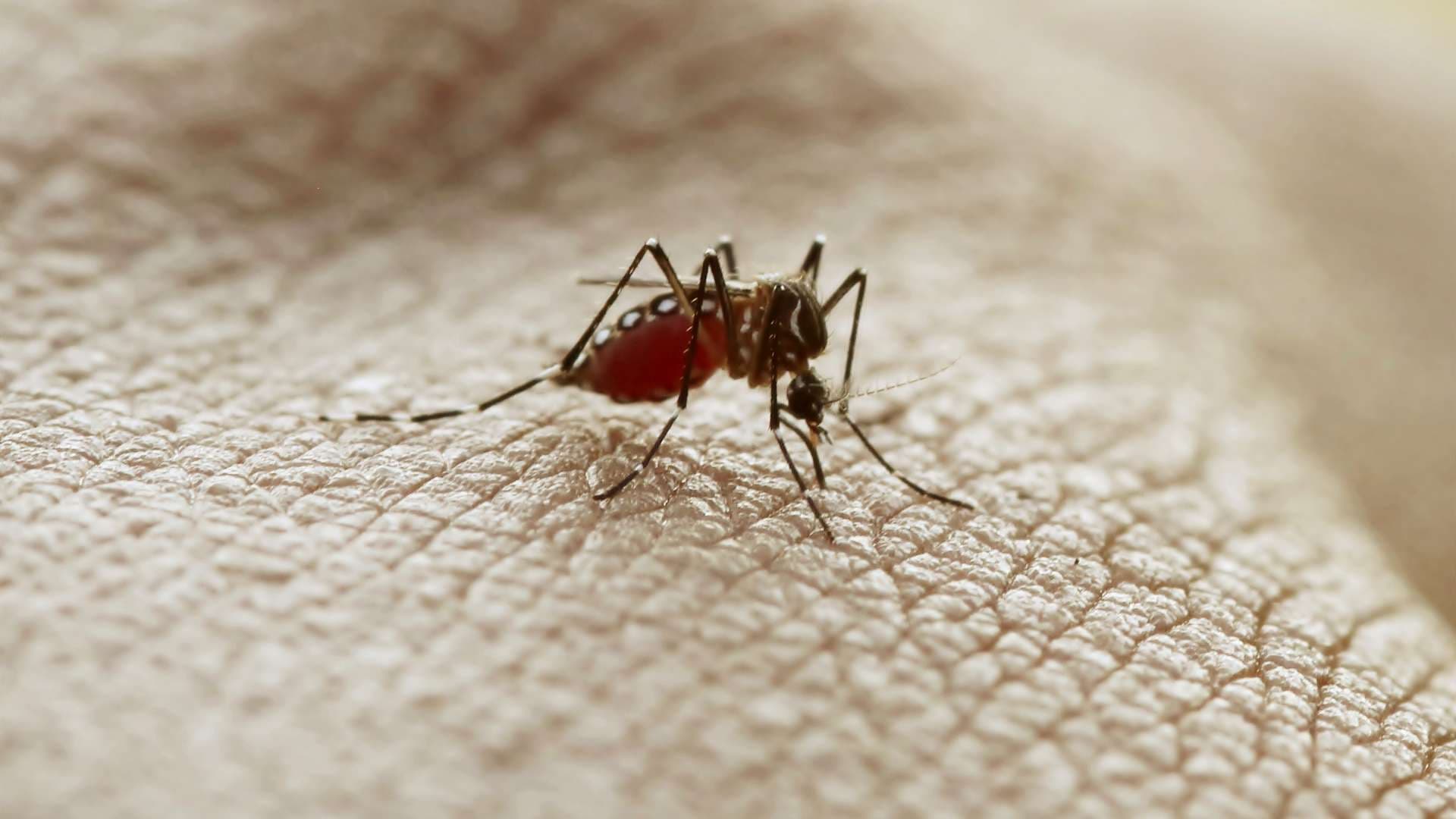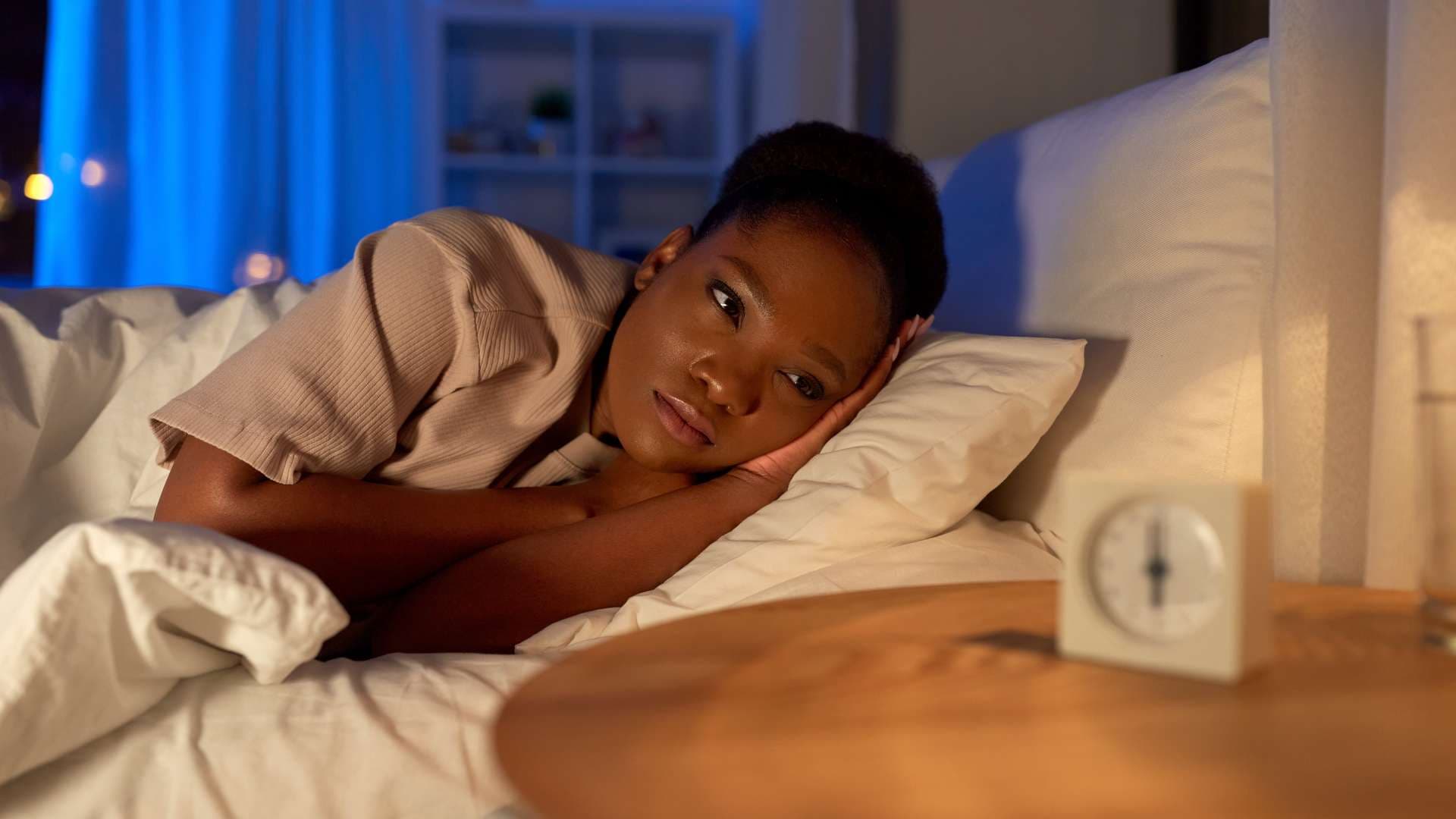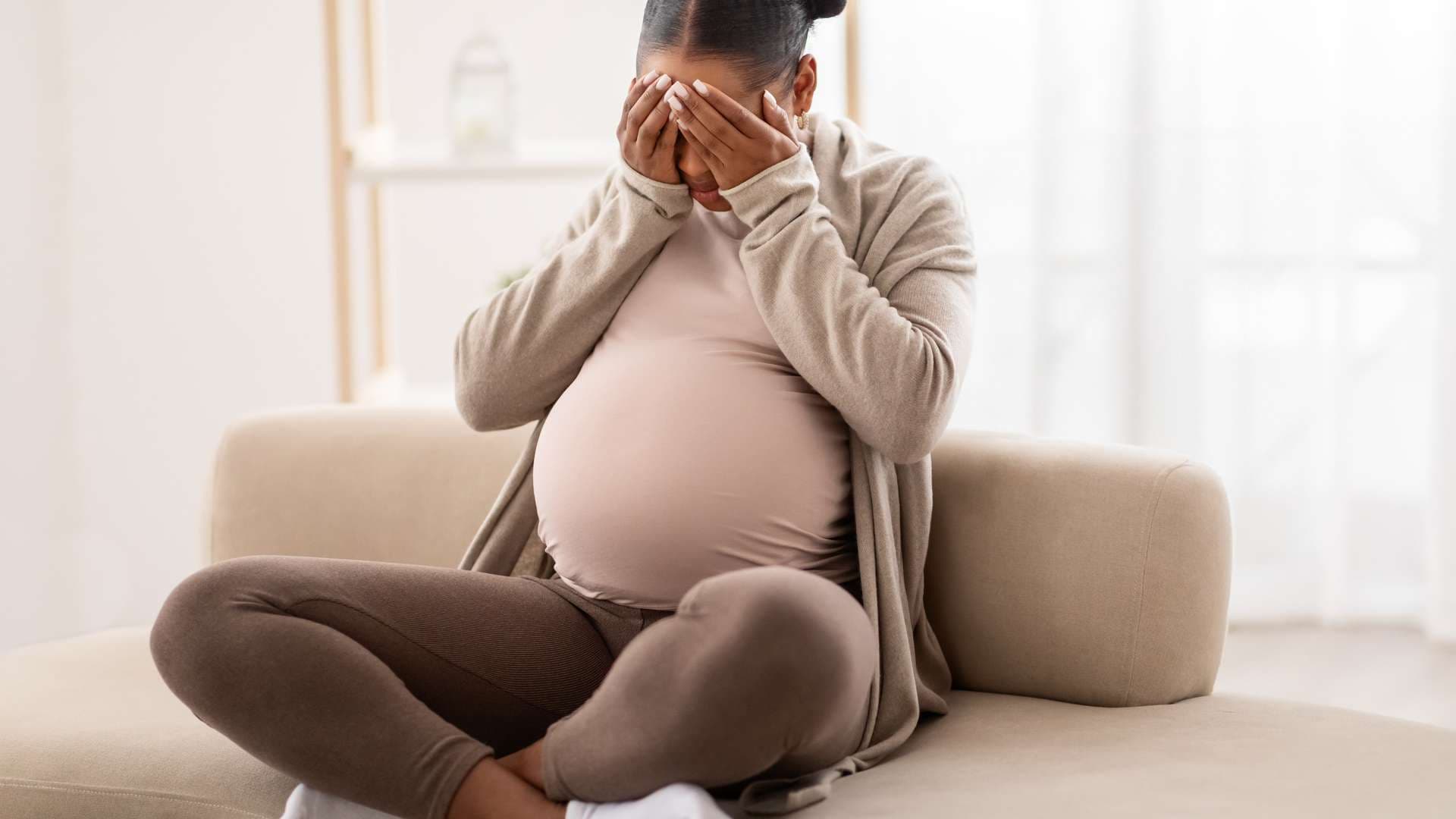Malaria is a serious infection spread by mosquitoes. If it's not diagnosed and treated quickly, you can die from it.
Symptoms
- A high temperature, sweats and chills
- Headaches and feeling confused
- Feeling very tired and sleepy (especially in children)
- Feeling and being sick, tummy pain and diarrhoea
- Loss of appetite
- Muscle pains
- Yellow skin or whites of the eyes
- A sore throat, cough and difficulty breathing
These symptoms usually appear between 7 and 18 days after an infected mosquito has bitten you.
Who’s most at risk
It's crucial to get advice before you travel if you're at higher risk of getting seriously ill from malaria. This includes:
- If you're pregnant
- Young children
- People aged over 65
- If you have a weak immune system
- If you have no spleen
You may be prescribed antimalarial medicine even if you're travelling to a low-risk area.
How to avoid malaria
If you're travelling to an area where malaria is found, get advice from a GP, nurse, pharmacist or travel clinic before you go. It's best to do this at least 4 to 6 weeks before you travel, but you can still get advice at the last minute if you need to.
Do
- Take any antimalarial medicine you're prescribed
- Use insect repellent on your skin – make sure it's 50% DEET-based
- Sleep under mosquito nets treated with insecticide
- Wear long-sleeved clothing and trousers to cover your arms and legs in the evening, when mosquitos are most active
Malaria is a serious illness that can be fatal if not diagnosed and treated quickly. Severe complications of malaria can occur within hours or days of the first symptoms. This means it is important to seek urgent medical help as soon as possible.



